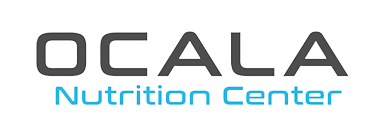If you’ve been following the dietary supplement space the past couple of years, you’ve doubtless heard of enfinity paraxanthine, sometimes dubbed as caffeine 2.0. Paraxanthine, a primary metabolite of caffeine, provides essentially the same stimulant, metabolic, and performance as caffeine, without caffeine’s most noticeable drawbacks. Taking paraxanthine instead of caffeine circumvents the production of caffeine’s other two metabolites – theophylline and theobromine – which have longer half-lives than caffeine and drive a significant portion of caffeine’s side effect profile. paraxanthine has faster metabolism and shorter metabolic half-life, so it can be taken a bit later in the afternoon than caffeine. Two different randomized, double-blind, placebo-controlled studies found that paraxanthine administration caused significant improvements in executive function, reaction time, mental error rate, sustained attention, accuracy, response control to visual stimuli, and memory.[ The same advantage has been seen in athletic performance, where paraxanthine was shown to significantly improve muscle growth, increase strength, and improve athletic endurance in a preclinical trial. Now we have a new paraxanthine study looking at mental and physical performance together – more specifically, paraxanthine’s ability to improve cognitive performance in the context of strenuous exercise. Having used both ingredients, the data makes sense from an anecdotal perspective — caffeine’s harder-hitting, up-and-down effect may support some types of athletic activities, but it comes at a cognitive cost once the ergogenic effects have run their course. Once caffeine’s done its job, it’s not gone yet — you’re simply left with the more detrimental metabolites, and the entire “crash” process can be a massive drag on both cognitive and physical performance. While preliminary, the data also indicates that paraxanthine outperforms caffeine via complementary mechanisms of action, which only strengthens the case that paraxanthine is on track to be caffeine’s replacement in sports nutrition contexts – caffeine 2.0.

